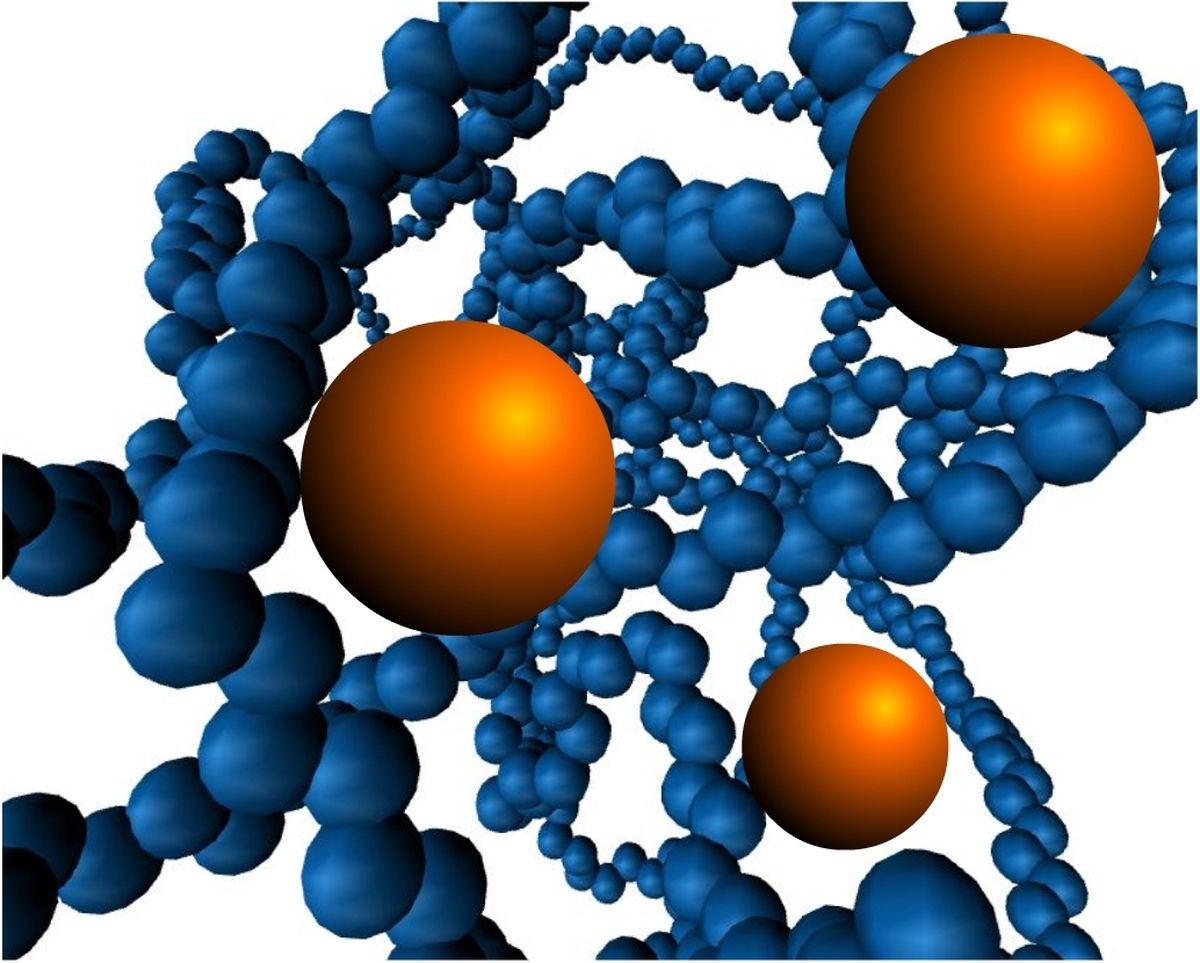Iranian Researcher Turns Disposable Products into Renewable Composites

“We succeeded in manufacturing new products using processing and recycling methods that are much higher in quality compared to similar products,” Hani Chambari told ANA.
“The products are highly used in the automotive, construction, agriculture, military, and training industries,” he added.
He made the remarks on the sidelines of the Islamic Azad University's "second step of revolution" under the title of Asreh Omid Event which was held in Tehran's Mosalla from May 29 to June 1, 2022.
“I started operating at the Islamic Azad University, Neishabur branch in 2012,” he said, adding, “In 2014, I became a member of the University’s incubator center.”
“The plan has created 11 direct jobs and 20 indirect jobs so far,” Chambari noted.
According to data released by the Iranian Customs Administration and the Ministry of Industry, Mining, and Trade, some 57 trillion rials (about $190 million) were spent in 2012 to import multilayer products to the country.
The figure has certainly grown in recent years, taking the rising inflation into account, he stressed.
These biodegradable materials are designed to reduce the negative environmental impacts of plastics.
Referring to the costs of the plan, he said the total costs in 2017 when we started the plan amounted to 100 billion rials (about $35,000). We provided a major portion of the money and received no assistance from the University or other organizations.
Producing the composite products costs 150,000 rials (about 50 cents) per kilogram, compared with four dollars in other countries.
The Asreh Omid Event aimed to exhibit new achievements and products in the technological and innovation arenas in line with opening new windows towards strengthening the idea of creating ground for knowledge-based businesses at the 40th anniversary of the establishment of the Islamic Azad University.
Some 3,000 knowledge-based companies, laboratories, research centers, and startups took part in Asreh Omid Event.
During the past year, in order to realize a resilient and knowledge-based economy, a series of activities have been carried out to further develop the ecosystem of innovation and technology in the country.
Attracting the participation of relevant ministries, approving and quickly implementing the law on the surge of knowledge-based production, and expanding the activities related to the law on the protection of knowledge-based companies and institutions were among the activities.
4155/g





















